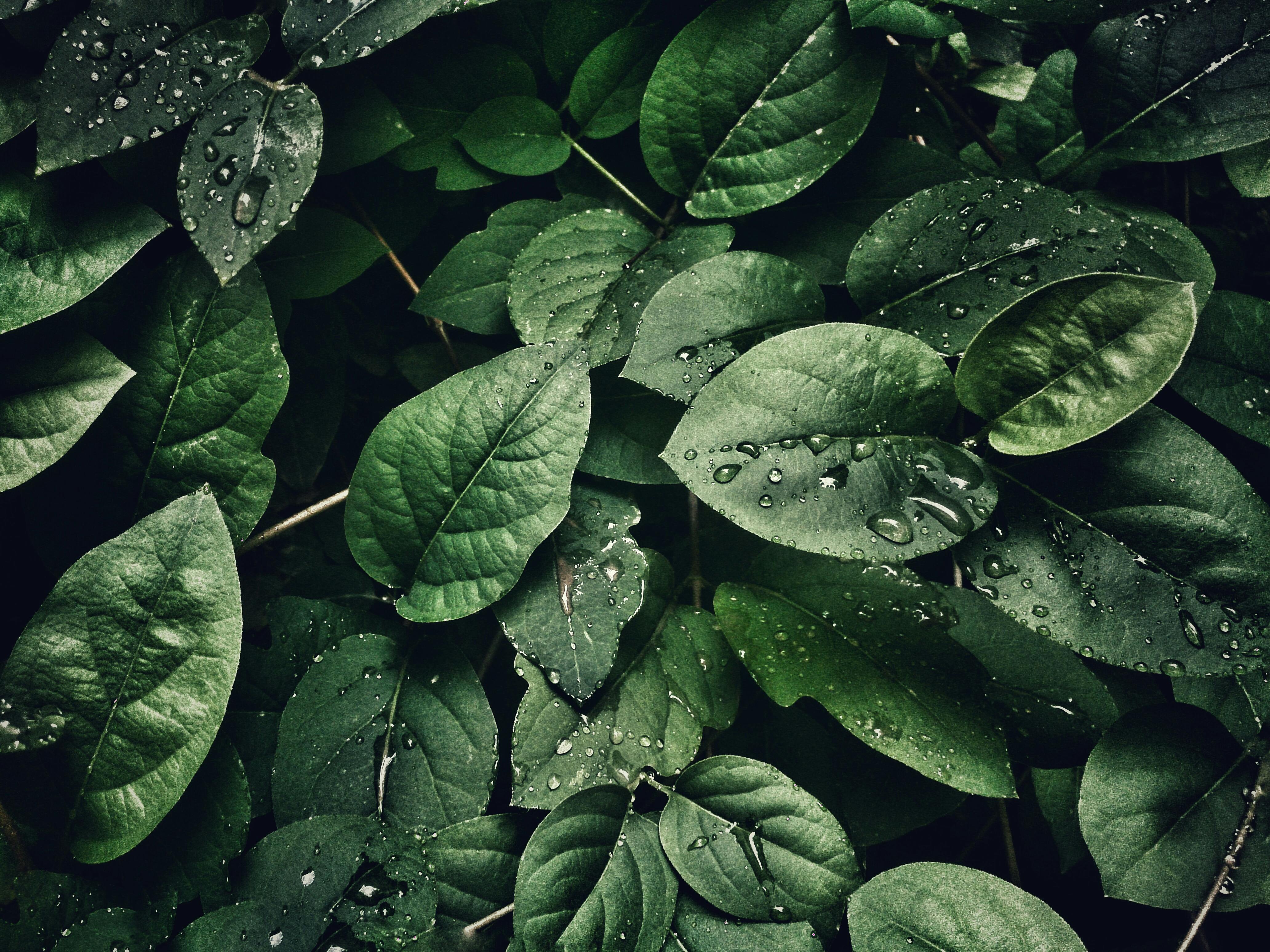When it comes to caring for your plants, one question that often arises is whether distilled water is the right choice. It’s important to understand the pros and cons of using distilled water in order to determine if it is the best option for your plants. This article will provide an overview of the benefits and drawbacks of using distilled water for plants so that you can make an informed decision about whether it is the right choice for your gardening needs.Distilled water is water that has been boiled and condensed back into a liquid form. It does not contain any minerals or chemicals, making it a pure form of water. Distilled water is often used in medical settings and for certain laboratory experiments, as it is free from contaminants.
The Benefits of Using Distilled Water For Plants
Using distilled water for plants is a great way to ensure that your plants are getting the best possible water. Distilled water is free of minerals and other impurities, making it ideal for sensitive plants. It also has a neutral pH, which is important for many plants. The use of distilled water can help to ensure that your plants stay healthy and happy.
One of the biggest benefits of using distilled water for plants is that it helps to avoid mineral buildup in the soil. When tap water contains high levels of minerals, such as calcium and magnesium, these can build up in the soil over time. This build-up can be detrimental to the health of your plants, as it can interfere with their ability to absorb nutrients from the soil. With distilled water, these minerals are removed before they ever reach the plant’s roots, helping to keep your soil healthy and balanced.
Another benefit of using distilled water for plants is that it helps to avoid salt damage. Many soils contain high levels of salts which can be damaging to sensitive plant roots. When salt accumulates in the soil over time, it can cause
Advantages of Using Distilled Water For Plants
Using distilled water for plants has many advantages. It is a great way to ensure that the plants are receiving clean, pure water without any impurities or minerals. This is especially beneficial for indoor plants, which can be exposed to chemicals and minerals in tap water. Distilled water also helps to maintain a balanced pH level in the soil, which can be beneficial for certain types of plants. Additionally, it helps reduce the amount of chlorine and other harmful chemicals that might be present in tap water, ensuring that your plants get all the nutrients they need.
Disadvantages of Using Distilled Water For Plants
The main disadvantage of using distilled water for plants is that it lacks essential minerals and nutrients. While this can be beneficial for some types of plants, others may not grow as well without these additional nutrients. Additionally, distilled water does not contain any organic material or microorganisms which are essential for healthy plant growth. There is also a risk of over-watering when using distilled water, as it does not evaporate as quickly as tap water does.
How to Use Distilled Water for Plant Growth
Distilled water is a great resource to use for plant growth. It is free of any minerals, chemicals, and other contaminants that can harm plants. Distilled water can be used in a variety of ways to promote healthy plant growth. Here are some tips on how to use distilled water for plant growth.
The first step in using distilled water for plant growth is to make sure it is properly filtered and purified. Distillation removes impurities from the water and ensures that it is free from any contaminants that could harm plants. If you are using tap water, make sure it has been properly treated before adding it to the soil or watering your plants.
Once you have the right type of distilled water, you can use it in several ways to promote healthy plant growth. One way is to spray the leaves of your plants with distilled water at least once a week during their growing season. This helps keep them hydrated and replenish lost moisture from the air. Additionally, adding small amounts of distilled water directly to the soil will help keep it moist and encourage root development. Tap water is the most common source of water for plants. Tap water usually contains trace amounts of minerals, such as calcium, magnesium and iron. These minerals can be beneficial to plants, but too much can have a negative effect on plant growth. In addition, tap water can contain chlorine and other additives that can be harmful to plants. If you choose to use tap water for your plants, it is best to let it sit out for 24 hours before using it, as this will allow the chlorine to evaporate and any other additives to dissipate. Bottled water is another option for watering your plants. It does not contain chlorine or other additives that could be harmful to your plants, and it is generally considered safe for them. However, bottled water is often filtered or distilled so that much of the beneficial minerals have been removed from it. This means that unless a mineral-rich fertilizer has been added back in, there won’t be much nutrition in the water for your plants.Bottled Water for Plants
Distilled Water for

Alternatives to Distilled Water for Plant Growth
When it comes to watering plants, it is important to choose the most suitable type of water. Distilled water is one of the best options for watering plants, as it has fewer impurities than other types of water. However, there are some alternatives to distilled water that can be used for plant growth.
Rainwater can be a great alternative to distilled water, as it is naturally free from impurities and minerals. Rainwater is also abundant and easy to collect in many parts of the world. It is important to make sure that rainwater is collected in a clean container and filtered if necessary before using it for watering plants.
Another option for watering plants is melted snow or ice. This type of water can be collected during winter months and used for watering plants during drier times of year. Like rainwater, melted snow or ice should also be collected in a clean container and filtered if necessary before use.
Water from natural sources such as a lake or stream may also be suitable for plant growth
1. Nutrient Deficiency
Distilled water does not contain any essential minerals or nutrients required for healthy plant growth and development. When used on plants, it can lead to nutrient deficiencies, causing the plants to become weak and unable to survive in the long run. Thus, it is important to use water that contains adequate amount of essential minerals and nutrients, such as tap water or collected rainwater.
2. High pH Levels
Distilled water has a neutral pH level, which is neither alkaline nor acidic. However, when used on certain plants, it can lead to high pH levels in the soil that can be harmful for the plant’s health. Therefore, it is best to avoid using distilled water on plants unless you know for sure that the soil’s pH level is suitable for the type of plant you are growing.
3. Chlorine Build-Up
Distilled water does not contain any chlorine, which is beneficial for some types of plants as it helps prevent bacteria and fungi from accumulating in the
Using Distilled Water for Plants
Distilled water is a type of purified water that has had most of its impurities removed. It is created by boiling the water and then condensing the steam back into liquid form. Distilled water has many uses, including for plants. It is often used when watering plants because it does not contain minerals or other impurities that can damage delicate plants. However, there are some pros and cons to using distilled water on plants, so it is important to understand both sides before making a decision.
The primary advantage of using distilled water on plants is that it does not contain any minerals or salts that can build up in the soil over time and cause problems for the plant. This means that the plant will not suffer from nutrient deficiencies or imbalances due to these impurities, which can help ensure its health and vitality. Additionally, since distilled water does not contain any bacteria or other microorganisms, it can help keep disease-causing organisms away from the plant as well.
On the other hand, there are some drawbacks to using distilled water on your plants as well. Since it does not contain any minerals

Conclusion
Ultimately, the decision of whether to use distilled water for your plants comes down to your individual circumstances. While distilled water can offer a number of benefits, it also has some drawbacks that should be taken into consideration before making a decision. If you have access to pure, clean tap water, it may be the better option. If your tap water is contaminated with chemicals or pollutants, however, using distilled water may be a better choice. Ultimately, the best thing you can do is to carefully consider the pros and cons of each option before making a decision.
No matter which type of water you decide to use for your plants, it’s important to remember that providing them with an adequate amount of moisture is essential for their health and growth. Regularly monitoring the soil moisture levels and providing your plants with enough water will help ensure their success and promote healthy growth.

